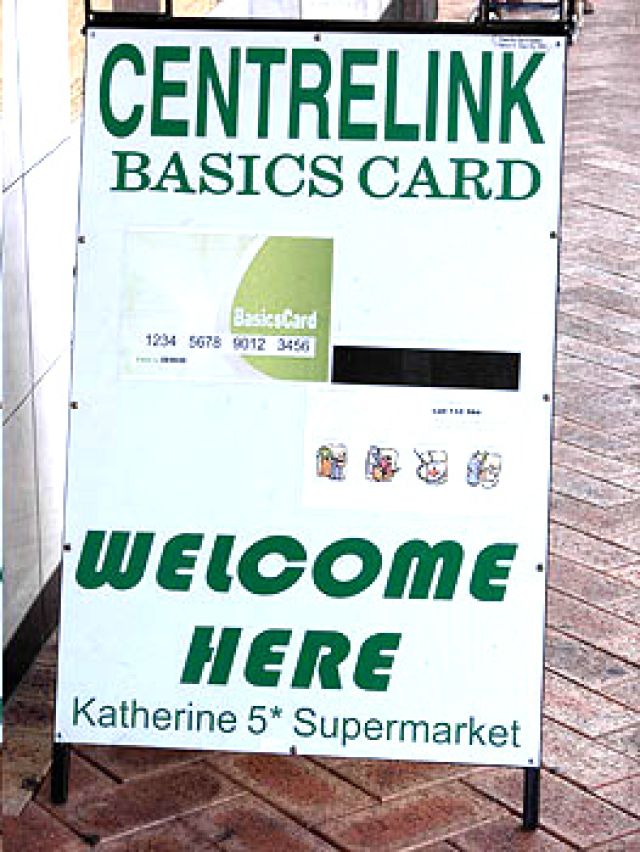
The Council of Single Mothers and their Children (CSMC) has taken a stand, in solidarity with Indigenous single mothers in the Northern Territory, against the income management and Basics Card scheme. These policies were part of the NT intervention, rolled out across Aboriginal communities in 2007.
Legislation passed in the Senate on June 21 amended the Social Security Act to allow income management to also be applied to non-Aboriginal people, across the NT and then eventually across Australia.
The CSMC Action Group has vowed to oppose any attempted national roll-out of income management.
Helen Said, an action group member, has been involved in a number of alternative initiatives addressing social disadvantage at its source. Below, she shares some of these experiences.
In 2000, my family attended the Families and Schools Together (FAST) Program at Preston Primary School, funded through Reservoir Uniting Care.
The program built supportive social networks among the families of children who felt unsettled at school. It fostered communication within schools and within families.
Despite widespread school and family enthusiasm for the program and vigorous lobbying by parents, Preston Primary was the second last school in Australia to host a FAST program. This was due to a lack of ongoing funding.
State and federal governments did not commit to funding preventative programs of this type.
Yet the Australian Council of Social Services estimated the cost of administering income management in the NT will be $4400 per person per year. The punitive scheme is supposedly to look after the interests of disadvantaged children.
The FAST program also enjoyed excellent outcomes in schools in Western Australia, building bridges between Indigenous and non-Indigenous parents. This example shows what is possible when disadvantage is addressed through community involvement rather than government financial control of parents.
In 2008, I co-hosted the Broadmeadows "Let's Do Lunch" program on behalf of CSMC. I have been involved in a number of other single-parent groups and initiatives since, many of which are deserving of government funds.
Like FAST, Let’s Do Lunch provided important social links and boosted self-esteem for disadvantaged mothers. But, like FAST, it was paid for through a charitable fund that ran out. Governments have shown no interest in funding the venture.
Single mothers at Let's Do Lunch exchanged a great deal of information about budgeting, job and study opportunities and child rearing tips. Meanwhile, income management legislation pays bureaucrats to disempower single mothers by taking control of our finances rather than allowing us to continue supporting each other.
I have also worked as a disability support worker for a young person with a mild intellectual disability. He knew he had a problem managing money and proactively asked his administrators, and me as his support worker, to help him manage financially. He freely requested assistance but would have been resentful and uncooperative had government control been imposed upon him.
The social security reforms will have negative consequences for the wellbeing of low-income earners throughout Australia. They give a government minister the power to stereotype all Newstart and Parenting Payment recipients in a designated area as "disadvantaged" and strip them of their right to manage their own finances.
I live in a low-income suburb in Melbourne's outer north, so I have reason to fear discrimination by postcode, in any national roll-out of this scheme.
This legislation paves the way for this government to take control of the finances of working, single mothers who rely on income support.
The onus of proof will be on a mother to prove to a bureaucrat that she is responsible, pays her bills and feeds her children.
Having escaped the quarantining of her payments, she and her children will then have to escape the accompanying stigma associated with being a single mother family in a poorer part of town.
This stigma and stereotyping is very much the cause, rather than the cure, of social disadvantage.